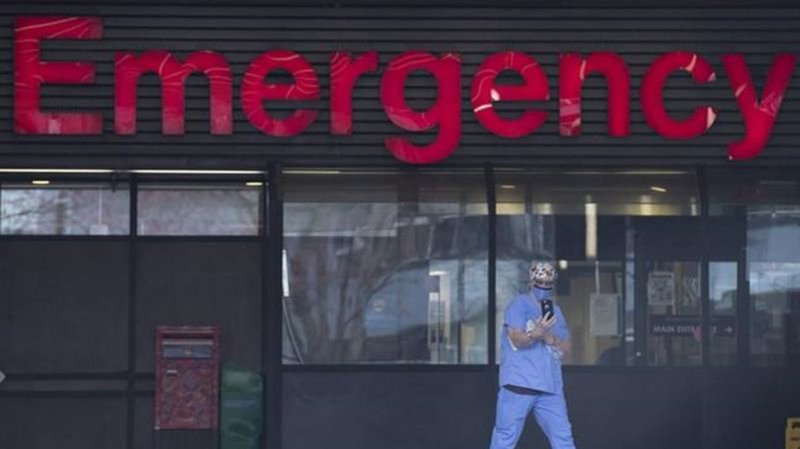
Year in review: A look at news events in March 2020
A look at news events in March 2020:
01 – Former U.S. vice-president Joe Biden scored a resounding victory in South Carolina’s Democratic primary, riding a wave of African-American support to get some badly needed momentum for his White House bid.
01 – The spreading coronavirus epidemic shut down France’s Louvre museum, as Italy was recognized as the epicentre of the outbreak in Europe. A new U.S. government advisory urged Americans not to travel to two Italian regions hardest hit by the new virus, Lombardy and Veneto.
02 – The man who spent two decades as chairman and chief executive officer of General Electric died. Jack Welch was 84. Welch personified what became known as the “cult of the CEO” during the late-1990s boom, and in 1999, Fortune magazine named him “Manager of the Century.”

